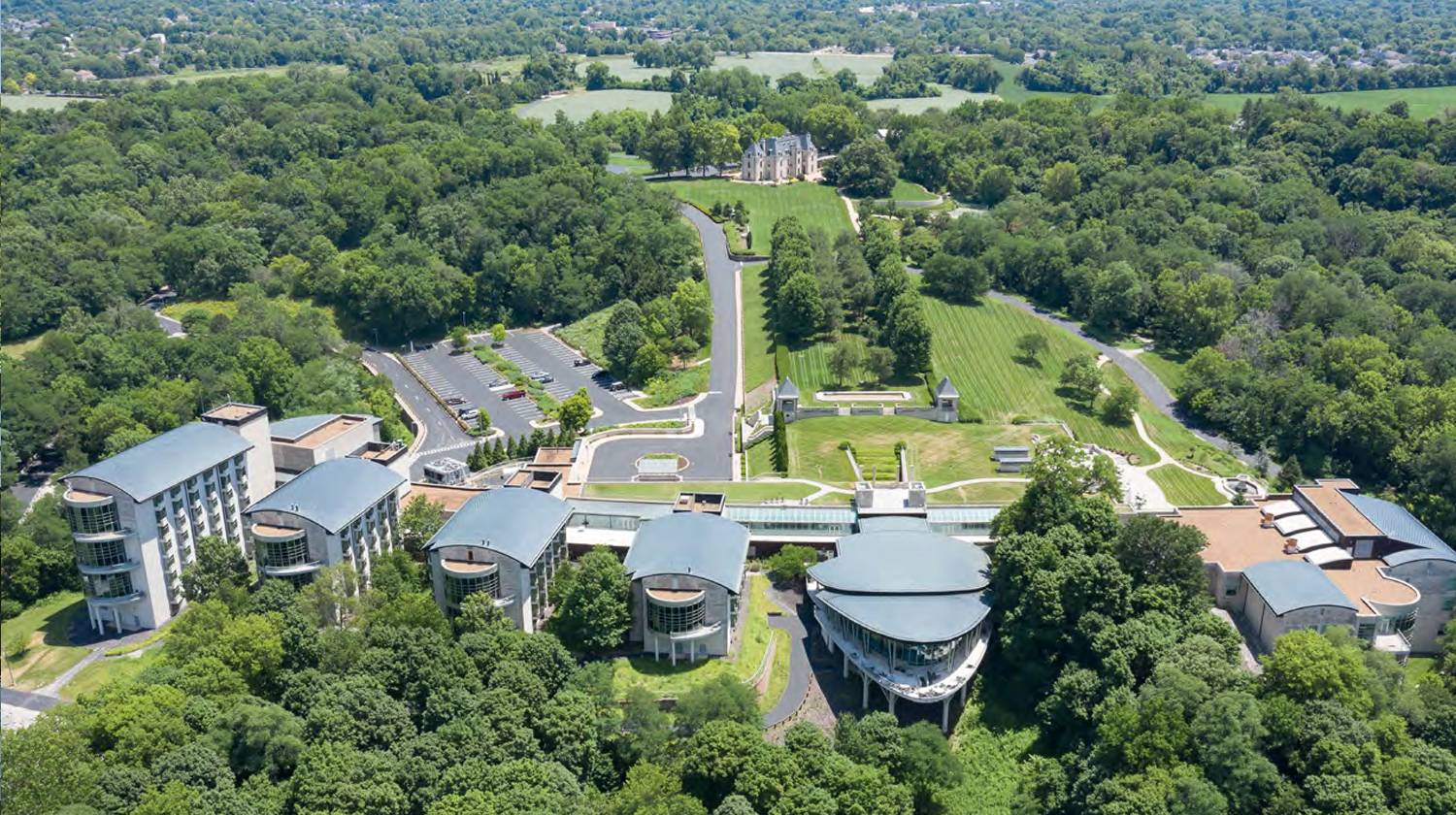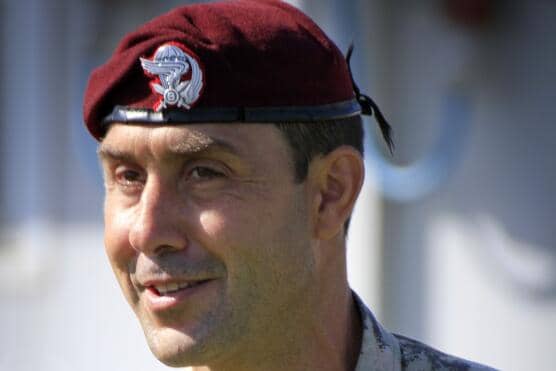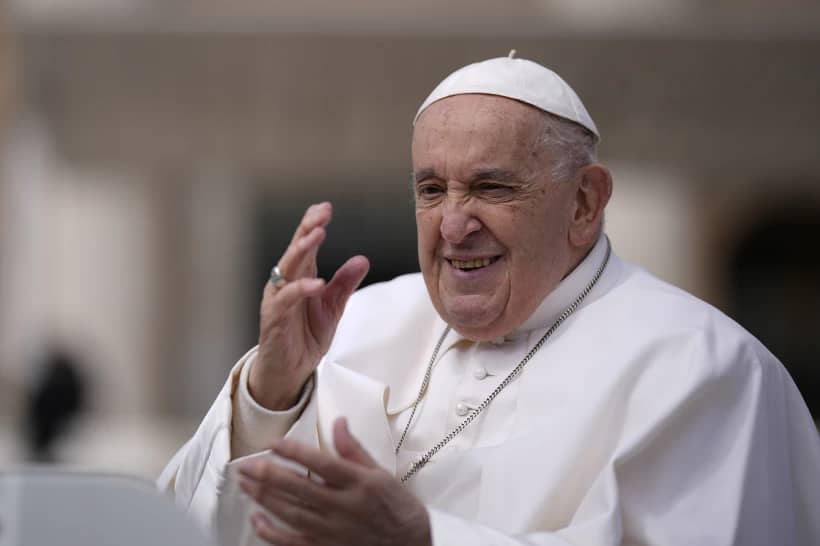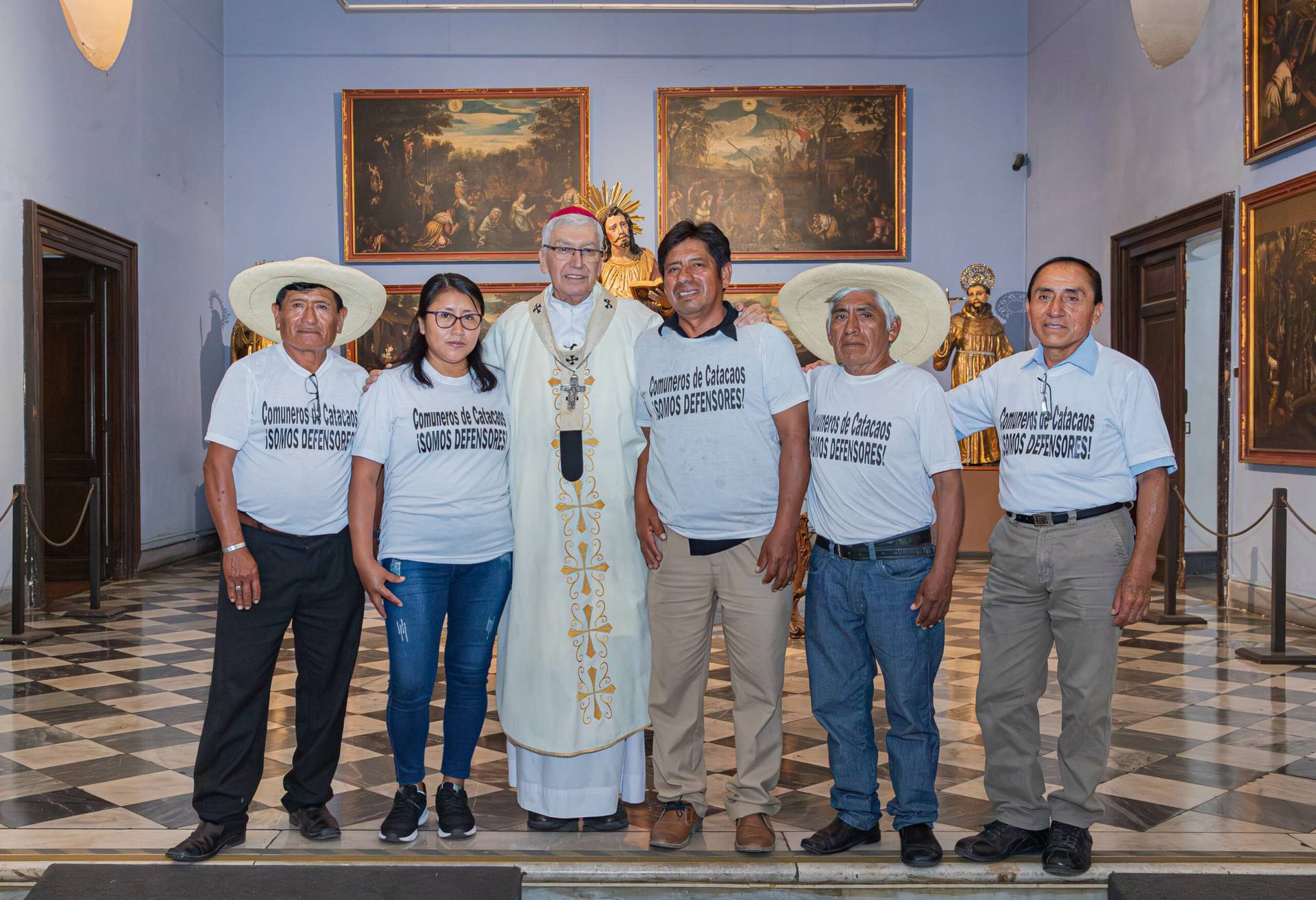ROME – After last week’s deadly turmoil in Kazakhstan which left nearly 200 people dead and prompted a National Day of Mourning, one of the country’s bishops has asked clergy in his archdiocese to celebrate Mass for victims and for peace.
In a message broadcast on national television channels in Russian for the National Day of Mourning, which took place Monday, Jan. 10, Archbishop Tomasz Peta of the Archdiocese of Maria Santissima of Astana urged citizens “to do everything possible to peacefully resolve the current crisis in the country.”
Recalling last week’s violent anti-government protests, he said “we mourn the victims” and asked priests in his archdiocese to offer their Jan. 13 Masses “to pray for the victims and for the peace of our beloved Kazakhstan.”
Peta will celebrate Mass in the Cathedral of Our Lady of Perpetual Help in the capital city of Nur-Sultan, formerly known as Astana.
Pope Francis himself prayed for Kazakhstan after his Angelus address Sunday, voicing hope that “social harmony will be restored as soon as possible through the search for dialogue, justice and the common good.”
In his message, Peta referred to the pope’s petition, saying “we too want to ask for peace through the intercession of the Patroness of our country, the Queen of Peace.”
Protests erupted Jan. 2 in the western town of Zhanaozen following the government’s decision to remove subsidies on liquefied petroleum gas (LPG) used to fuel vehicles, causing prices to double.
Kazak citizens have long complained that the country’s elites are monopolizing national resources to line their own pockets and have criticized what they say are authoritarian restrictions on free speech, the right to assemble, and political engagement. For many, the decision on LPG was the last straw.
In the worst anti-government protests since Kazakhstan declared independence in 1991, thousands took to the streets in Nur-Sultan and Almaty, criticizing Kazak President Kassym-Jomart Tokayev. While most of the protests were peaceful, in some cases protestors stormed government buildings and vandalized shops and businesses.
Tokayev called the protests an “attempted coup d’etat” and referred to the demonstrators as “terrorists.”
Russian troops were eventually called in by Tokayev as part of a regional peacekeeping mission in which security forces were ordered by Tokayev to “shoot to kill without warning” to squash the unrest.
In total, an estimated 164 people died in clashes between protestors and security forces, although the actual figure is estimated to be higher, and around 10,000 people were arrested.
Protestors also took issue with former Kazak President Nursultan Nazarbayev, who stepped down in 2019 after three decades in power, and who many believe still holds considerable political and economic influence behind the scenes.
Tokayev sacked the country’s parliament and removed Nazarbayev from his chairmanship of Kazakhstan’s security council Jan. 5, however, that failed to satisfy protestors.
Although most of the unrest in Nur-Sultan had calmed by Tuesday, more or less returning to normal, there are still reports of difficulties in communicating by internet or mobile phone in the southern city of Almaty.
The bishop of Almaty, José Luis Mumbiela, who also serves as President of the Kazakhstan Bishops’ Conference, made a statement on the National Day of Mourning to Catholic charitable organization Aid to the Church in Need, saying “We want to remember in our prayers those who have suffered the most during the past week.”
“During those days and nights, Almaty was foggy due to the weather conditions, but there was also fog in the hearts of many people,” he said.
“We must remember that peace is in our hands and depends on us,” Mumbiela said, insisting that “We do not just pray for peace, but we create peace for others with God’s help.”
“Let us try to rebuild the Kazakhstan we all dream of together, with all the people of this country and this city, an international and interreligious Kazakhstan, a Kazakhstan of peace and harmony,” he said.
In a statement by Bishop Adelio Dell’Oro of the central-eastern Diocese of Karaganda for the National Day of Mourning, he also urged citizens to work for peace, saying, “Violence will not lead to a new society, to a new world.”
Follow Elise Ann Allen on Twitter: @eliseannallen














